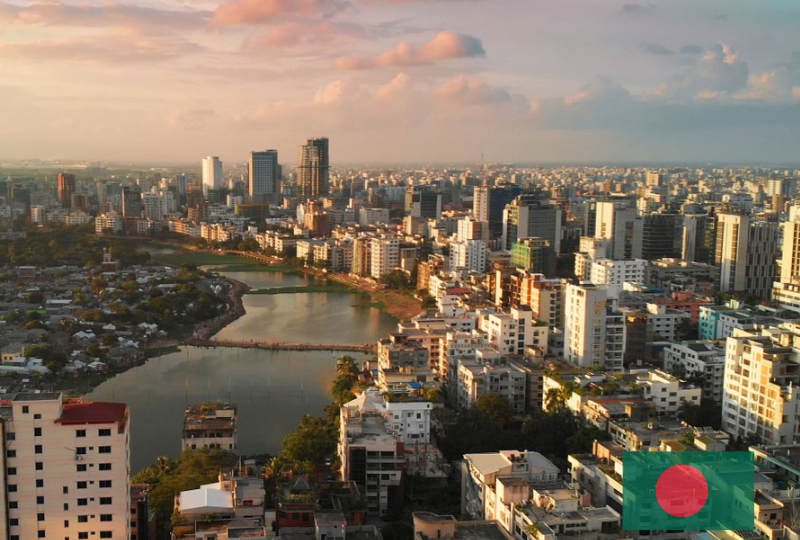
Study in Turkey: A Guide for International Students
STUDY ABROAD IN TURKEY
The gateway between Europe and the Middle East, Turkey is a sprawling country with strong cultural and political influences. It borders Greece and Bulgaria to the west, Georgia, Armenia, Azerbaijan and Iran to the east, and Iraq and Syria to the south-east. Turkey also serves as the gateway between the Mediterranean and the Black Sea.
The capital is Ankara, but its largest and most important city is Istanbul. Istanbul is located in the west of the country, with the Bosphorus Strait – the dividing line between Europe and Asia – running through the center of the city. Other major cities include Bodrum, Antalya, Gaziantep and İzmir.
Turkey has long played an important role in both Europe and the Middle East. This is still reflected today in Turkey’s culture, its customs and even the Turkish language.

Study in Turkey: Education in Turkey
In 1981, Turkey entirely restructured its higher education system. It modernized and expanded rapidly in a very short space of time. Today, there are more than two-hundred schools in Turkey. They are either public or private. Public schools are funded by the state, while private schools are privatized, reliant on outside funding and the revenue generated through tuition fees.
Undergraduate degrees normally take four years to complete. More specialized subjects, like medicine, can take up to six years. Postgraduate degrees generally take two years, while PhDs usually take around four years. It’s also possible to undertake an associate degree. These take two years and will result in a qualification that’s higher than a high school diploma, but not on par with an undergraduate degree.
All higher education is overseen by the TYYC (Turkish National Framework for Higher Education). The TYYC is generally on a par with the Bologna Process. Turkey is also part of the ECTS (European Credit Transfer System). In Turkey, students’ workloads are also overseen by the TYYC in order to ensure that students work hard and learn, but aren’t overworked. As for how you actually study, it’s the same as in most countries. It’s a mix of lectures, readings and independent study. If you’re studying a practical subject, then you’ll also spend time in a lab or workshop.
With history, culture, natural beauty and architectural treasures at every turn, it’s little wonder that Turkey is so popular with students and tourists alike.
Popular Countries
There are some popular countries to study abroad that most of the people select. Such popular countries are

Poland
Study in Poland: A Guide for International Students Do you like diverse nature, cities steeped…
Read more
Switzerland
Study in Switzerland: A Guide for International Students Located in the heart of continental Europe,…
Read more
Italy
Study In Italy: A Guide For International Students Europe’s favorite (and only!) boot-shaped nation, Italy…
Read more
Germany
Study in Germany: A Guide for International Students Germany is a country in the heart…
Read more
France
Interested in an Education in France? An education in France offers the chance to savor…
Read more